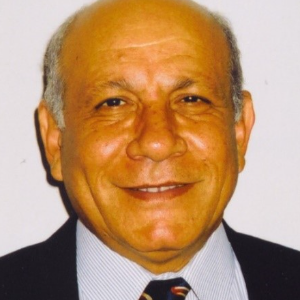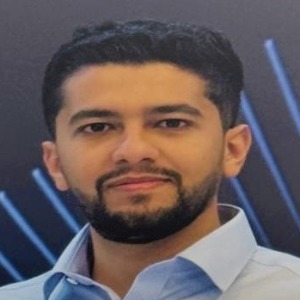A reservoir model that includes all of the properties of the reservoir that are relevant to its potential to store and generate hydrocarbons. Reservoir characterization models are used to simulate the behavior of the fluids within the reservoir under a variety of conditions and to determine the most efficient production procedures. Reservoir characterization is an important step in the upstream industry as it allows companies to get the most out of their crude oil reserves.
A "reservoir model" is a mathematical description of a specific volume of rock that includes all of the reservoir's "characteristics." It can be thought of as a three-dimensional model of a single reservoir or, in some situations, an oil/gas field.
Reservoir management is commonly characterized as using resources to maximize hydrocarbon recovery from a reservoir while lowering capital and operating costs. It is based on the application of human, technological, and financial resources to maximize profits from a reservoir. Reservoir management must be viewed as a dynamic process aimed at detecting the uncertainties affecting future field behavior and attempting to mitigate their influence by maximizing field performance through the application of integrated, interdisciplinary technologies in a systematic manner.
Reservoir evaluation is a quantitative tool for identifying reservoirs and describing heterogeneity. Reservoir evaluation aims to subjectively and quantitatively evaluate the spatial distribution characteristics of shale reservoirs, as well as to simulate the storage and production status of gas in shale.
- Data Collection and Management
- Seismic Processing and Interpretation
- Economic Optimization of Oil and Gas Recovery
- 3D Structural Model
- Stratigraphic Model
- Facies Model
- Petrophysical Model
- Volumetrics

Anthony J Sadar
Environmental Science Communication, LLC, United States
Selim Sanad Shaker
Geopressure Analysis Services, United States
Sharma Dronamraju
AKD Professional Solutions Inc., United States
Ross Cygan Taylor
North Sea Transition Authority, United Kingdom
Saleh Alqahtani
Saudi Aramco, Saudi Arabia
Abdulrahman Bahashwan
Saudi Aramco, Saudi Arabia



Title : The Vacuum Insulated Heatable Curtain (vihc): From conceptual invention to market deployment as a cost-effective dual solution for window heat loss reduction and localised radiant comfort
Saim Memon, Sanyou London Pvt Ltd, United Kingdom
Title : Transforming waste plastic into hydrogen: Progress, challenges, and future directions in pyrolysis-based integrated pathways
Nur Hassan, Central Queensland University, Australia
Title : Unlocking UKCS potential through collaborative well interventions
Ross Cygan Taylor, North Sea Transition Authority, United Kingdom
Title : Driving excellence in marginal field development and operations through an integrated smart strategy to unlock challenging sour oil
Sharina Al Muhairi, ADNOC Onshore, United Arab Emirates
Title : Innovative solutions for accurate and efficient gas monitoring
Raysa Bani Ibrahim, Abu Dhabi National Oil Company, United Arab Emirates
Title : Innovative solutions for accurate and efficient gas monitoring
Mariam Alzaabi, Abu Dhabi National Oil Company, United Arab Emirates